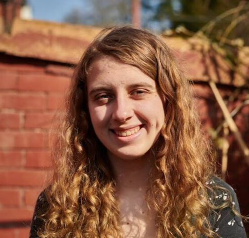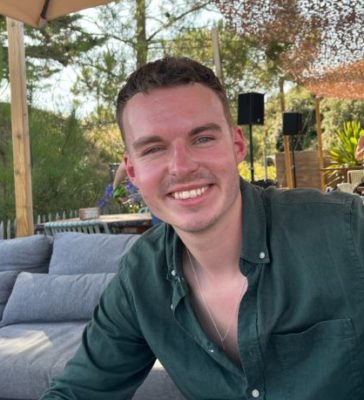
Mike Banyard
Current Employer/Organisation Name
Ordo
What have you been doing since leaving Exeter, and what are you doing now?
Joined Midland Bank straight from Exeter; variety of operational roles for 3 year before relationship management (looking after banks in Middle East and then Southern Europe). 1998-2013 a variety of Product Management roles for what was now HSBC, focussed on payments. Culminated in leading the bank’s business programme to design and implement ‘Faster Payments’ – the world’s first 24/7 instant payment capability. Left HSBC in 2013 to create a development function within the Faster Payments Scheme – the Payment System Operator for the UK’s interbank payments. During the next 5 years worked closely with regulators (FCA, PRA, Bank of England) and fintechs to both reduce systemic risk and to open up the payment systems to a new breed of challenger banks – Monzo, Starling etc. Left Faster Payments in 2018 to co-found Ordo – a fintech delivering new payment services to consumers and businesses across the UK; a service that is secure, fast, and much more cost-effective for businesses than accepting card payments. Ordo went to market in early 2020 and we are now ramping up and growing the business.
Why did you choose this career? And what do you enjoy most about your work?
Sort of fell into it to be honest; when I joined Midland it was on the understanding (said to my 1st manager) that I’d be leaving as soon as something better came along. 24 years later I did! What I enjoy most is looking at real world problems caused by inefficiencies in the banking system and then developing solutions that address these, hopefully for the betterment of society and businesses.
Please tell us if you were a member of any societies, groups or sports clubs?
Didn’t take a massive role in societies; joined in a variety of things. In 2nd year was Social Sec for Lopes Hall – organising a range of events including the Summer Ball.
What did you enjoy most about your programme and what was the biggest highlight?
The opportunity to dive into different areas; eg looking at the history of church architecture or how professional sport was used to ‘manage’ the working class – ironically this was at the time of major violence in football at the time; which led to the Taylor Report and the gentrification of football crowds.
What did you enjoy most about studying here?
Meeting what are now life-long friends, from a range of backgrounds and academic subjects, and the live music scene.
Why did you choose to study at Exeter?
Location (Devon being nowhere near home!), the relatively small size of the university compared to other places I’d considered, and the course options.
What skills and experiences have been most useful for your career?
Critical analytical skills – questioning why things happened as they did – has been an asset through most of my career. Being able to condense complex topics into short simple words is really important – people don’t have time to wade through a 50 page doc when 5-10 would suffice.
What advice would you give to a current student who wishes to pursue your career?
Be prepared to ‘start at the bottom’ and get a good grounding in a range of areas. Graduate schemes offer a fast-track, but can skate over core disciplines that will trip you up later on. Things I leaned at the start of my career still hold true today, and knowing the detail avoids (hopefully) mistakes!
What are your plans for the future?
To continue to develop Ordo to become a leading player in the Open Banking space; both within the UK and elsewhere.

